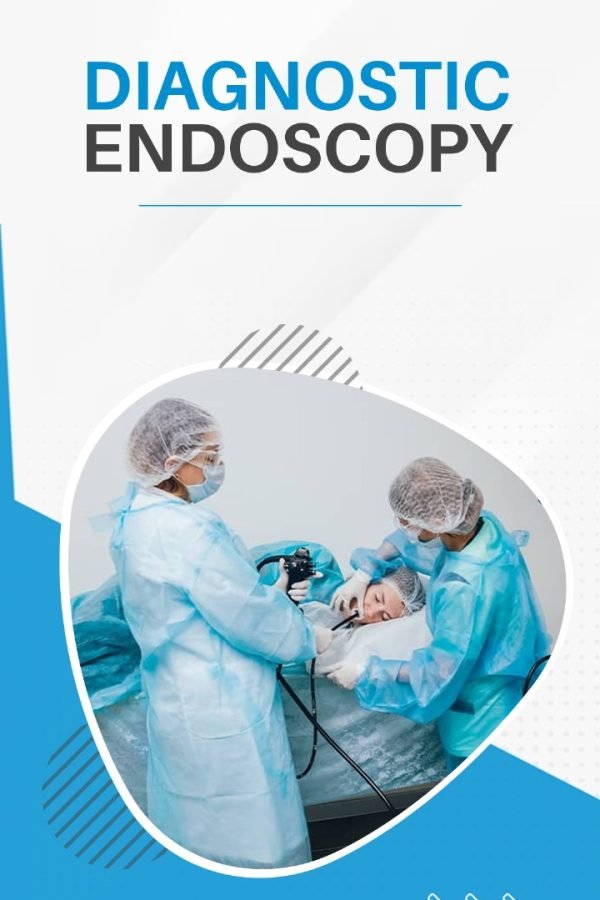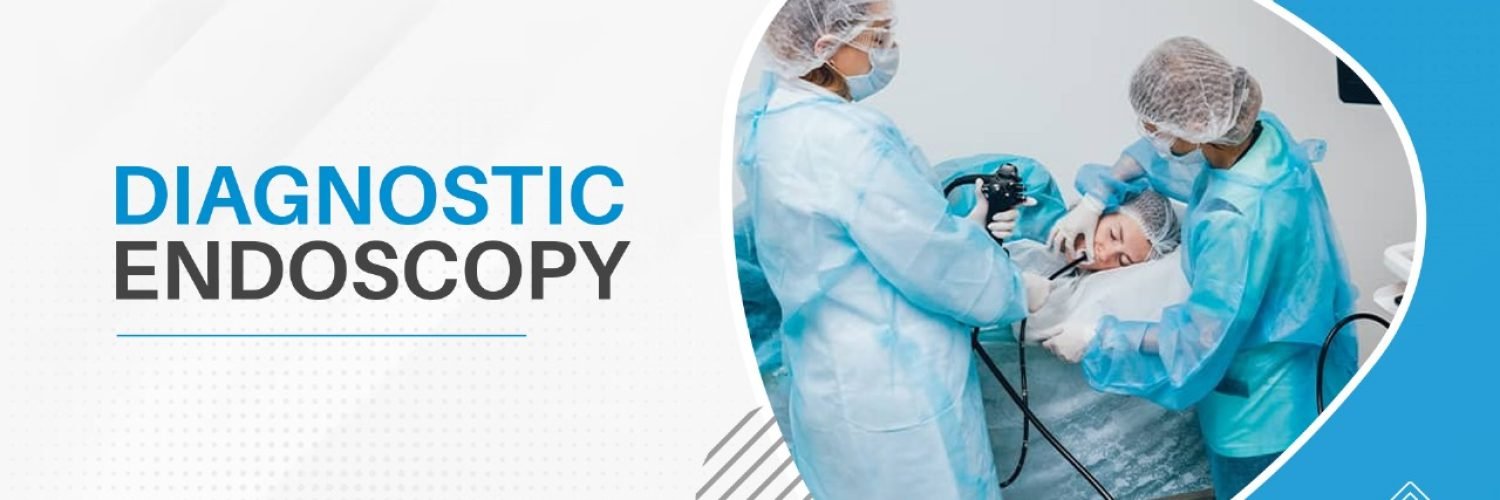- Anal Fissure Laser Surgery in Dombivli
- Appendix Treatment in Dombivli
- Bariatric Surgery in Dombivli
- Best Laparoscopic Surgeon in Dombivli
- Blogs
- Contact us
- Custom
- Dr Rahul Mahadar
- Dr. Dhanashree Mahadar
- Endoscopy Clinic in Dombivli
- Ent Surgeon in Dombivli
- Gallbladder Stone Treatment in Dombivli
- Gastrointestinal Surgeon in Dombivli
- Hernia Surgeon in Dombivli
- Home
- Laser Fistula Surgery in Dombivli
- Laser Piles Surgeon in Dombivli
- Services
- Specialities
- Testimonials
- Video


Diagnostic Endoscopy: Exploring Procedures, Benefits, and Types
Diagnostic endoscopy is a medical procedure that allows physicians to examine the interior lining of various organs and cavities within the body using a thin, flexible tube called an endoscope. This instrument is equipped with a light and a camera that enables doctors to visualize the structures and detect any abnormalities or diseases present.
Why is Diagnostic Endoscopy Done?
Diagnostic endoscopy is performed for various reasons, including-
•Investigation of Symptoms: It helps in diagnosing the cause of symptoms such as abdominal pain, gastrointestinal bleeding, difficulty swallowing, persistent cough, and more.
•Screening for Diseases: Diagnostic endoscopy can be used as a screening tool for detecting conditions like colorectal cancer, esophageal cancer, stomach ulcers, and polyps in the colon.
•Monitoring Treatment: It allows doctors to monitor the progress of treatment for certain conditions, such as inflammatory bowel disease or gastroesophageal reflux disease (GERD).
•Biopsy: During the procedure, tissue samples (biopsies) can be collected for further analysis to confirm a diagnosis or evaluate the severity of a disease.
Types of Diagnostic Endoscopy
There are several types of diagnostic endoscopic procedures, each tailored to examine specific areas of the body-
•Upper Endoscopy (Esophagogastroduodenoscopy or EGD): This procedure examines the esophagus, stomach, and duodenum (the first part of the small intestine).
•Colonoscopy: It involves the examination of the large intestine (colon) and rectum.
•Bronchoscopy: This procedure is used to visualize the airways and lungs.
•Cystoscopy: It examines the bladder and urethra.
•Laryngoscopy: It involves the examination of the larynx (voice box) and throat.
Benefits of Diagnostic Endoscopy
- Accurate Diagnosis: Diagnostic endoscopy provides detailed and direct visualization of internal organs, enabling accurate diagnosis of various medical conditions.
- Minimally Invasive: Compared to traditional surgical procedures, endoscopy is minimally invasive, leading to less discomfort, shorter recovery times, and reduced risk of complications.
- Early Detection: Endoscopic screening allows for the early detection of diseases such as cancer, which can significantly improve treatment outcomes and survival rates.
- Customized Treatment Plans: With precise diagnostic information obtained from endoscopic procedures, doctors can develop personalized treatment plans tailored to each patient’s needs.
- Avoidance of Surgery: In many cases, endoscopy can help avoid the need for exploratory surgery by providing essential diagnostic information without invasive procedures.
At Jeevanshree Hospital, we ensure that you receive the highest quality diagnostic endoscopy services in a comfortable and compassionate environment. Contact us today to schedule your consultation and take the first step towards better health.

